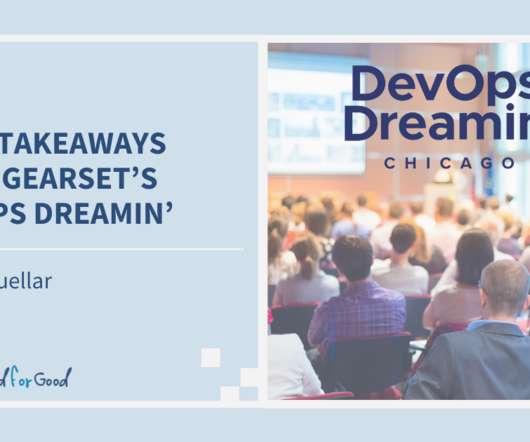Grow the Human Skills: Critical Thinking, Creativity, Collaboration, and Communication
.orgSource
APRIL 17, 2023
Applying reflection, reasoning, and individual experience to problem-solving is not part of the Summit supercomputer program, but it is an approach that is invaluable in making advantageous business decisions. Don’t waste valuable brain power. Open-minded humanists, interested in a broad spectrum of topics and issues.















Let's personalize your content